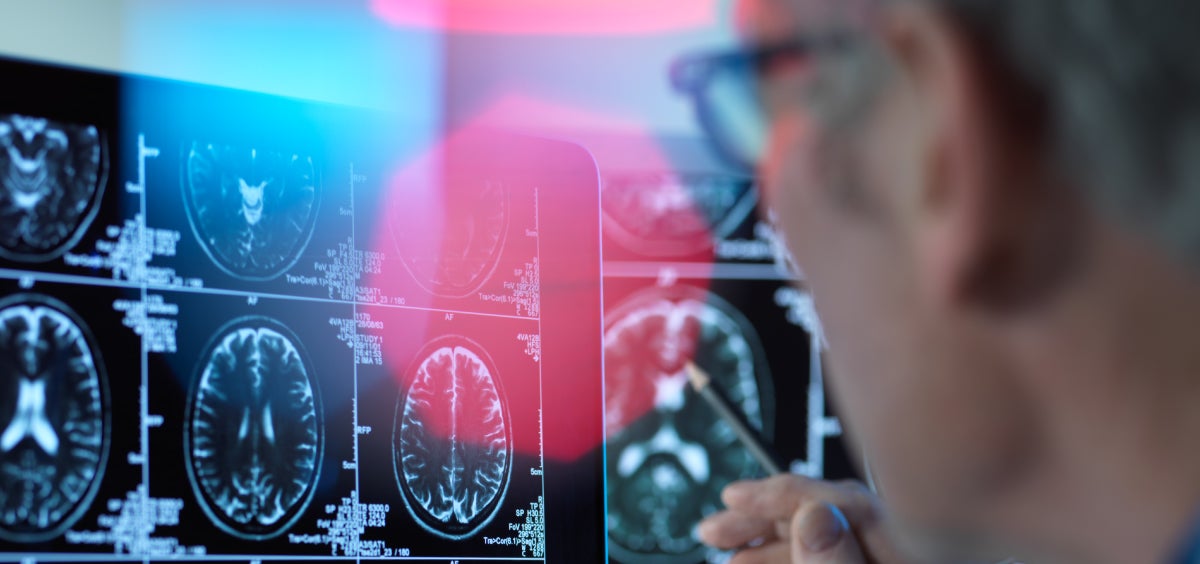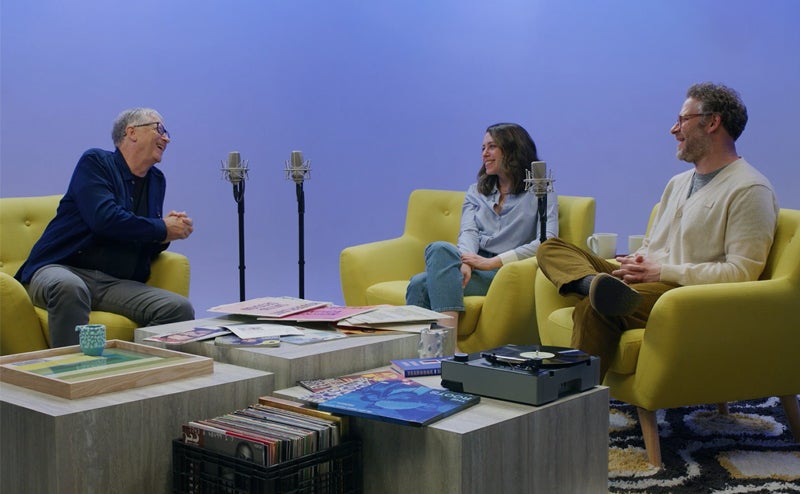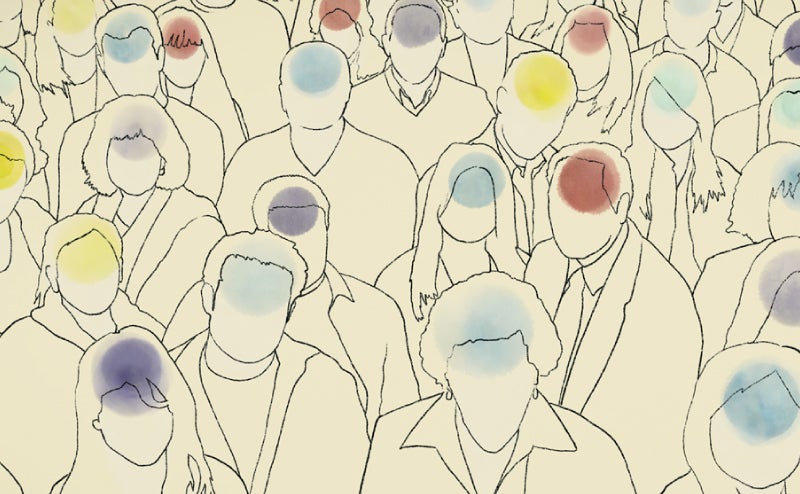In tough times—and there’s no doubt that 2020 qualifies as tough times—those of us who love to read turn to all kinds of different books.
My family loves to do jigsaw puzzles. It’s one of our favorite activities to do together, especially when we’re on vacation. There is something so satisfying about everyone working as a team to put down piece after piece until finally the whole thing is done.
In a lot of ways, the fight against Alzheimer’s disease reminds me of doing a puzzle. Your goal is to see the whole picture, so that you can understand the disease well enough to better diagnose and treat it. But in order to see the complete picture, you need to figure out how all of the pieces fit together.
Right now, all over the world, researchers are collecting data about Alzheimer’s disease. Some of these scientists are working on drug trials aimed at finding a way to stop the disease’s progression. Others are studying how our brain works, or how it changes as we age. In each case, they’re learning new things about the disease.
But until recently, Alzheimer’s researchers often had to jump through a lot of hoops to share their data—to see if and how the puzzle pieces fit together. There are a few reasons for this. For one thing, there is a lot of confusion about what information you can and can’t share because of patient privacy. Often there weren’t easily available tools and technologies to facilitate broad data-sharing and access. In addition, pharmaceutical companies invest a lot of money into clinical trials, and often they aren’t eager for their competitors to benefit from that investment, especially when the programs are still ongoing.
Unfortunately, this siloed approach to research data hasn’t yielded great results. We have only made incremental progress in therapeutics since the late 1990s. There’s a lot that we still don’t know about Alzheimer’s, including what part of the brain breaks down first and how or when you should intervene. But I’m hopeful that will change soon thanks in part to the Alzheimer’s Disease Data Initiative, or ADDI.
I worked with a coalition of partners to create ADDI, because we believe that more data sharing will accelerate progress towards an Alzheimer’s breakthrough. To make this happen, ADDI created the Alzheimer’s Disease workbench.
This workbench hosts an open, global, and easy-to-use set of tools and resources. The goal is to simplify how researchers and data scientists around the world work together and share data, code, and knowledge in order to make advances in the field.
Instead of having to navigate dozens of individual databases, scientists will be able to access and upload information to a patient database from around the world. The workbench also facilitates access to datasets from failed drug trials, since many pharmaceutical companies have decided that the benefits of sharing their data outweigh the risks. And all the data is in compliance with privacy laws, so researchers don’t have to worry about compromising anyone’s personal information.
I’m optimistic that this will make a real difference in Alzheimer’s research, because there are many examples where we’ve made progress on diseases after bringing together large amounts of data. One is malnutrition. Several years ago, our foundation launched an initiative to pool information about childhood growth to try to see when exactly a child who ends up stunted starts falling behind.
That information produced some fascinating insights. For example, we learned that, in South Asia, weather cycles play a huge role in whether a child recovers from a period where he or she doesn’t get enough to eat. If you’re born during monsoon season—when food can be harder to come by—you still have a decent shot at getting back on a normal growth curve eventually. But if your mother was in her third trimester during monsoon season, you’re much less likely to get back on track. This insight has implications for how we address malnutrition in that region, and we would have never discovered it without pooling lots of different data sources.
The Alzheimer’s workbench will finally be available to scientists this month after a year and a half in development. (If you work in data science or Alzheimer’s research, or are just a curious researcher, you can explore the AD Workbench here.) But even though the workbench is only now becoming broadly available, we’re already seeing huge benefits from it—just not on the disease we expected.
In the early days of the COVID-19 pandemic, our foundation decided to use the Alzheimer’s workbench framework to create a platform for sharing information on the novel coronavirus. This platform is letting scientists from all around the world collaborate to understand more about the virus and its impacts. Each insight we gain about the virus moves us closer to the end of the pandemic, just as each insight about Alzheimer’s moves us closer to a breakthrough.
I want to be clear: data alone is not going to find the miracle treatment or the diagnostic we need to stop Alzheimer’s (or COVID-19). But what it can do is let us test hypotheses and point us in the right direction.
Nearly forty million people around the world have Alzheimer’s or dementia today. We have no way to stop or even slow the disease at this point. I lost my dad to Alzheimer’s two months ago, and I wouldn’t wish that experience on anyone. My hope is that the data sharing facilitated by ADDI will move us closer to a world where no one has to watch someone they love suffer from this awful disease.




